Disclosure: This article contains affiliate links. We may earn a commission from purchases at no extra cost to you, which helps our travel content.
G'day, fellow adventurers! There's something absolutely magical about falling asleep to the gentle rocking of water beneath you, or waking up to the symphony of howler monkeys in the distance. Iquitos – that wild, wonderful gateway to the Peruvian Amazon – stole my heart faster than I could say 'crikey!' on my recent two-week expedition. As the world's largest city unreachable by road (yep, you're flying or boating in, mates!), Iquitos offers accommodation options as unique as its location. Whether you're planning a romantic jungle escape or seeking that perfect balance between adventure and comfort, I've got the inside scoop on where to rest your head after days spent spotting pink dolphins and nights exploring the buzzing malecón. From floating hostels bobbing on the mighty Amazon to secluded luxury lodges where the line between your room and the rainforest delightfully blurs – here's my comprehensive guide to the best stays in this Amazonian paradise.
City Center Stays: Perfect Home Base for Urban Explorers
Let's kick things off in the heart of Iquitos – a chaotic, colorful melting pot that deserves at least a few days of exploration before you venture deeper into the jungle.
The city center accommodations range from charming colonial-style boutique hotels to modern apartments, most within walking distance to Plaza de Armas (the main square) and the vibrant riverfront boulevard.
My top pick for couples is La Casa Fitzcarraldo, a historic mansion-turned-hotel that served as headquarters during the filming of the epic movie 'Fitzcarraldo.' With just eight rooms, each uniquely decorated with antiques and local art, it feels like stepping back in time to Iquitos' rubber boom heyday. The garden courtyard with its tiny pool is perfect for afternoon siestas when the Amazonian heat cranks up.
For something more modern but still distinctly Peruvian, Casa Morey blends restored grandeur with contemporary comforts. The riverfront location means you can watch boats cruising along the Amazon while lounging in their rooftop jacuzzi – absolute bliss after a day of exploring the Iron House designed by Gustave Eiffel (yes, that Eiffel!) or the floating neighborhood of Belén.
If you're watching your soles (that's Peruvian currency, not just your feet!), La Casona offers incredible value with spacious rooms, decent air conditioning (a godsend in the jungle humidity), and a central location that can't be beat. The included breakfast featuring local fruits you've probably never heard of is a ripper way to start your day.
Before heading out daily, I relied heavily on my insect repellent – worth its weight in gold in this mosquito-rich environment, and much gentler on your skin than DEET-based options.
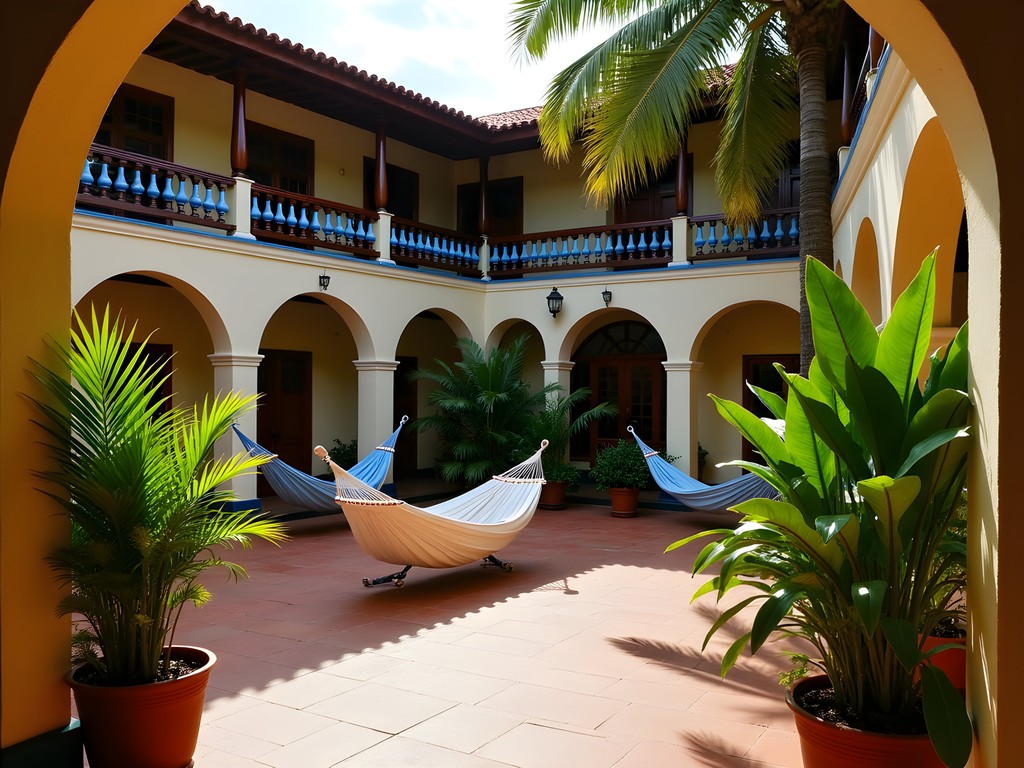
💡 Pro Tips
- Book accommodations with good air conditioning – Iquitos is hot and humid year-round
- Request rooms away from the street if you're a light sleeper – motortaxis run at all hours
- Most city hotels can arrange jungle excursions, but compare prices with independent tour operators at the malecón
Floating Accommodations: Sleep on the Amazon
If you ask me, you haven't really experienced Iquitos until you've spent at least a couple nights literally on the Amazon River. Floating accommodations range from basic backpacker hostels to mid-range hotels, all offering that incomparable experience of being gently rocked to sleep by the current.
The Floating House sits about 15 minutes by boat from the city center, offering the perfect balance between accessibility and immersion. Their floating wooden bungalows connected by walkways give you privacy while maintaining that community vibe when you want it. Each morning, I'd roll straight out of bed and dive directly into the river for a refreshing wake-up swim (after checking for caimans, of course!).
For couples seeking something more intimate, Amazon Reef Floating Lodge offers private floating cabins with panoramic river views and seriously romantic vibes. The sound of water lapping against your cabin while you're wrapped up with your partner under a mosquito net canopy? Pure magic, mates.
Most floating accommodations include meals in their rates (a necessity when you're literally floating away from restaurants), and the fresh fish dishes are absolutely bonza. Many also offer excursions directly from your floating home – from sunset cruises to spot pink river dolphins to night safaris searching for caimans.
One absolute essential for these stays is a quality dry bag. Trust me, when you're constantly hopping between boats and floating structures, having your camera, phone and passport protected from unexpected splashes is non-negotiable. I learned this lesson the hard way during a sudden Amazon downpour!
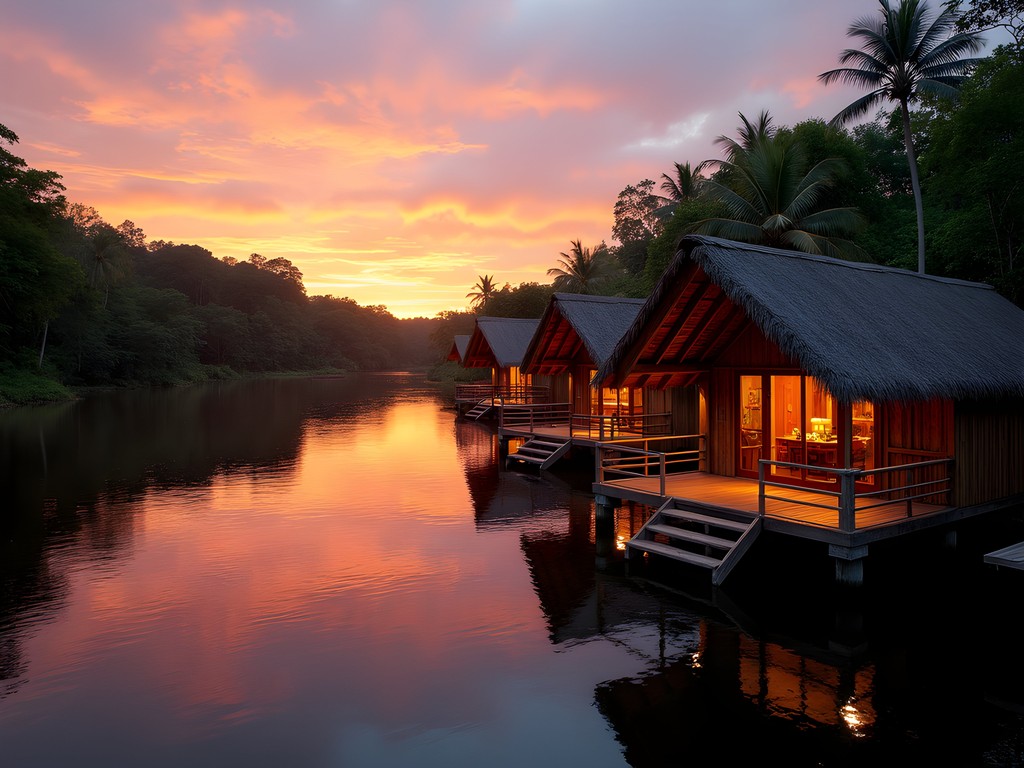
💡 Pro Tips
- Pack motion sickness tablets if you're sensitive – some floating accommodations move more than others
- Bring a headlamp for nighttime bathroom trips – lighting is often minimal
- Request rooms farther from generators if noise bothers you
Jungle Lodges: Immersive Rainforest Retreats
For the full-on Amazon experience, you'll want to venture beyond the city to one of the jungle lodges nestled deep in the rainforest. These accommodations range from rustic to downright luxurious, but all offer that pinch-me feeling of sleeping surrounded by one of Earth's most biodiverse ecosystems.
My personal favorite for couples is Treehouse Lodge, located about 2.5 hours by boat from Iquitos. As the name suggests, you'll be sleeping in actual treehouses built 15-20 meters above the forest floor, connected by suspension bridges and stairs. Falling asleep to the sounds of the jungle canopy while knowing you're supporting a conservation-focused operation is the definition of guilt-free luxury.
For those seeking more amenities without sacrificing the jungle experience, Ceiba Tops Lodge offers air-conditioned bungalows, a swimming pool (heaven after humid jungle treks), and even hot showers – a genuine luxury in the Amazon. Their private reserve means you can spot wildlife right from your porch, and their guides are absolute legends when it comes to spotting camouflaged critters.
Muyuna Amazon Lodge deserves special mention for couples seeking romance alongside adventure. Their secluded location on the Yanayacu River means fewer tourists and more wildlife, while their candlelit dinners overlooking the water create moments you'll treasure forever. During my stay, we spotted sloths, toucans, and even a jaguar footprint during guided excursions!
Most jungle lodges are all-inclusive by necessity, with packages covering transport from Iquitos, accommodation, meals, and daily excursions with naturalist guides. These aren't cheap stays, but the experiences they provide – from nighttime caiman spotting to visiting indigenous communities – are absolutely worth the splurge for a once-in-a-lifetime adventure.
One thing I never travel to remote locations without is my water purifier bottle. It saved me countless times in the jungle when bottled water wasn't available, and reduced plastic waste to boot!
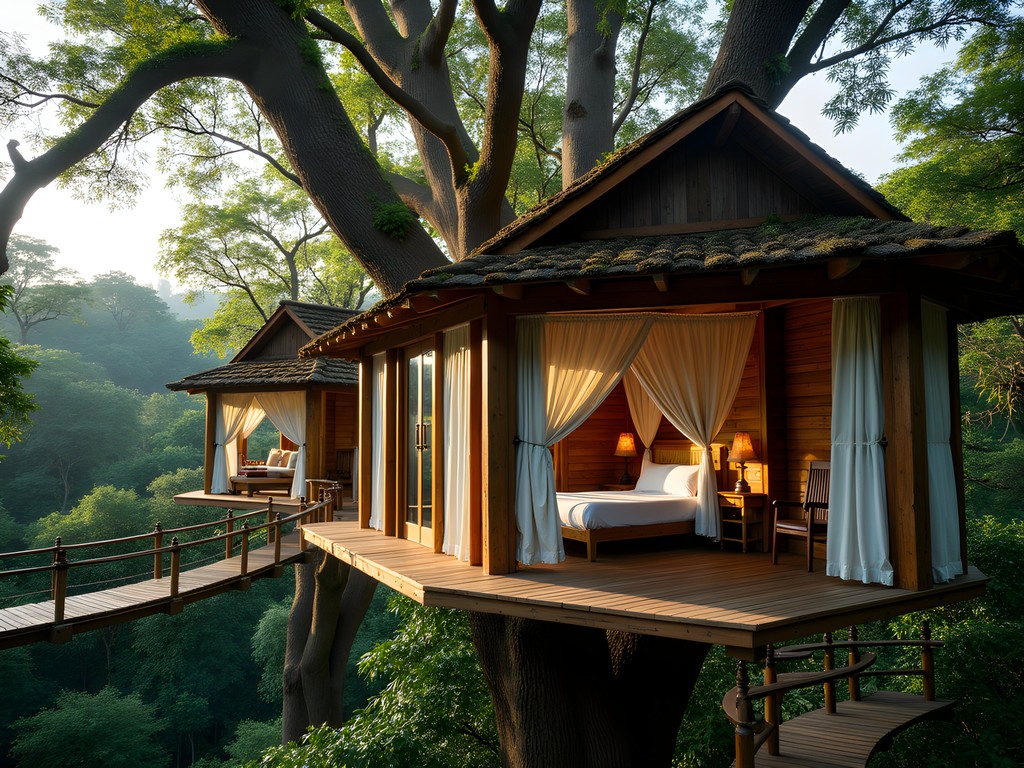
💡 Pro Tips
- Book lodges at least 3-4 nights minimum – you'll lose travel days getting to/from remote locations
- Pack lightweight, quick-dry clothing – humidity means nothing fully dries
- Bring small denominations of soles for tipping guides and staff – ATMs are nonexistent in the jungle
Eco-Lodges: Sustainable Luxury in the Wilderness
For environmentally-conscious couples seeking both luxury and sustainability, Iquitos' eco-lodges offer the perfect blend of comfort and conservation. These properties go beyond basic green practices, actively contributing to rainforest preservation and local communities.
Tapiche Reserve Jungle Lodge tops my list for couples wanting to minimize their footprint while maximizing their experience. Located in a private conservation area about 4 hours from Iquitos, their solar-powered bungalows are constructed from sustainable materials by local craftspeople. What truly sets them apart is their strict visitor limit – never more than 8 guests at once – ensuring minimal impact and a truly personalized experience. During my stay, we spent three hours quietly observing a family of pygmy marmosets (the world's smallest monkeys!) that our guide spotted – an intimacy with wildlife impossible in larger groups.
Pacaya-Samiria Amazon Lodge sits at the edge of Peru's largest national reserve, offering access to flooded forests and oxbow lakes teeming with wildlife. Their commitment to employing guides exclusively from nearby communities means your excursions are led by people with generational knowledge of the rainforest. The traditional palm-thatched cabins feature unexpected luxuries like private terraces with hammocks perfect for afternoon cuddles while watching river dolphins play.
For those seeking higher-end accommodations, Delfin Amazon Cruises offers floating eco-lodges in the form of luxury riverboats. Their vessels feature spacious suites with panoramic windows, gourmet Amazonian cuisine, and even hot tubs on the observation deck. While definitely a splurge, waking up each morning to a different stunning location without having to pack and unpack is pretty special.
Most eco-lodges have limited or no electricity during certain hours, making a reliable solar charger an absolute lifesaver for keeping cameras and phones powered for those once-in-a-lifetime wildlife shots.
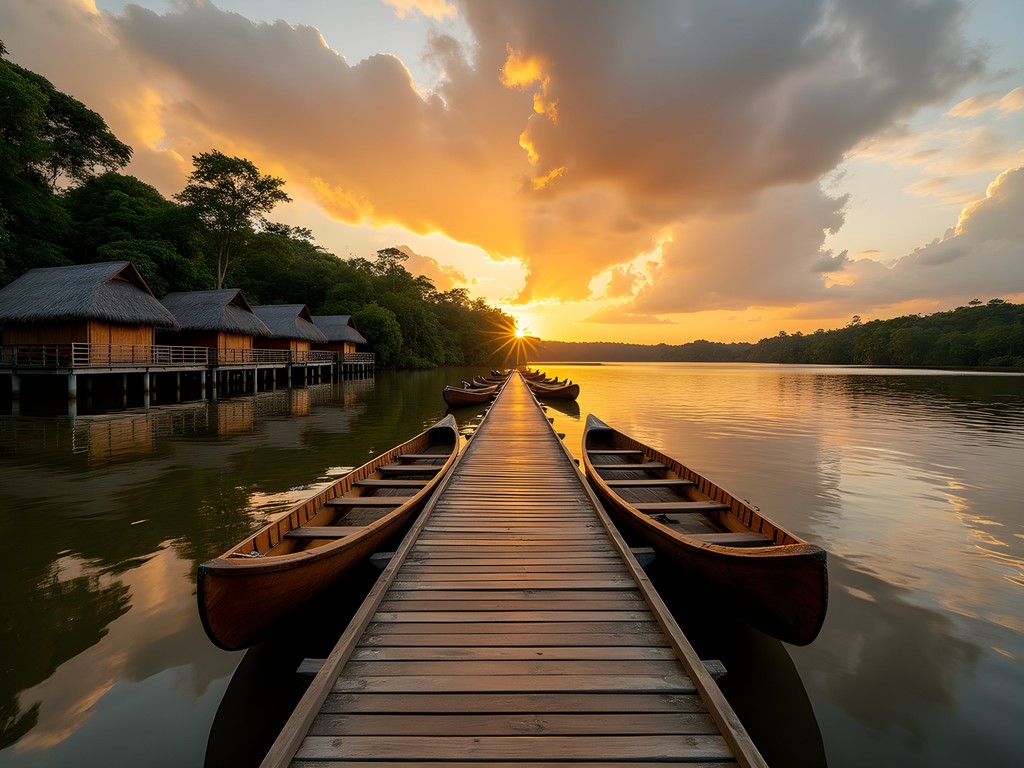
💡 Pro Tips
- Respect lodge policies on waste disposal – everything must be carried out of the rainforest
- Pack biodegradable soap and shampoo to minimize your environmental impact
- Ask questions about conservation efforts – most eco-lodge staff are passionate about sharing their work
Ayahuasca Retreat Centers: Spiritual Journeys for Couples
For couples seeking more than just physical adventure, Iquitos has become world-renowned as a center for ayahuasca retreats – offering spiritual experiences that many describe as life-changing. While certainly not for everyone, these retreats provide a unique opportunity for partners to undergo profound inner journeys together.
Nihue Rao Centro Espiritual sits about an hour from Iquitos and strikes the perfect balance between authentic tradition and visitor comfort. Founded by a well-respected Shipibo maestro in partnership with Western medical doctors, they offer retreats ranging from 1-2 weeks in length. Their individual tambos (jungle huts) provide privacy for reflection, while group ceremonies create a supportive community atmosphere. What impressed me most was their pre-screening process and medical support – safety should always be the priority with plant medicine.
Temple of the Way of Light offers a more immersive experience deeper in the jungle, with programs specifically designed for couples wanting to heal relationship patterns or deepen their connection. Their all-female Shipibo healing team brings a unique energy to ceremonies, and the integration workshops between ceremonies help partners process experiences together. The accommodations are simple but comfortable – mosquito-netted beds in private tambos with shared composting toilets and solar showers.
Before considering any ayahuasca retreat, do extensive research and consult medical professionals about contraindications with medications. These experiences involve serious dietary restrictions before and after ceremonies, and emotional preparation is essential. This isn't a tourist activity – it's a profound healing modality that demands respect.
One thing that made my retreat experience more comfortable was bringing my own meditation cushion. Ceremonies can last 4-5 hours, and having proper support for your spine makes a world of difference.
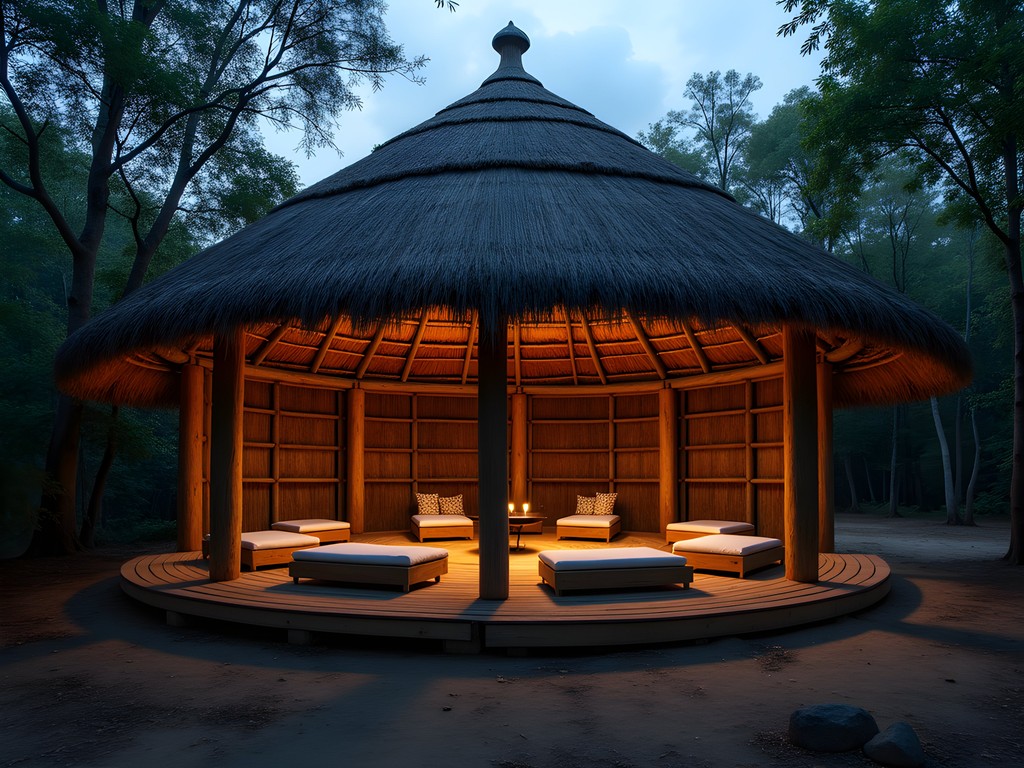
💡 Pro Tips
- Research centers thoroughly – look for those with medical screening, integration support, and experienced indigenous healers
- Follow dieta restrictions strictly before and after ceremonies – this isn't just tradition but affects how your body processes the medicine
- Discuss intentions and boundaries with your partner before attending – these experiences can bring up unexpected emotions
Final Thoughts
Whether you're drifting to sleep on the gentle current of the Amazon, waking to monkeys chattering outside your treehouse window, or sharing profound experiences in a candlelit maloca, Iquitos offers accommodations as extraordinary as the rainforest itself. The magic of this region isn't found in luxury thread counts or minibar selections, but in those heart-stopping moments when a pink dolphin surfaces beside your floating cabin, or when you and your partner lock eyes across a jungle dinner table, both knowing you're experiencing something few others ever will. My advice? Split your time between at least two different types of accommodation to truly experience the diversity this gateway to the Amazon offers. Start with a few days in the city center to acclimate, then venture progressively deeper into the jungle as your comfort grows. Whatever your budget or adventure level, Iquitos has a perfect place for you and your partner to create memories that will last long after your tan fades. The Amazon changed me – as it does everyone who truly opens themselves to its wild magic – and I reckon it might just change you too.
✨ Key Takeaways
- Stay at least one night on the water in a floating accommodation for a unique Amazon experience
- Budget extra for jungle lodges – they're expensive but worth every sol for the extraordinary access to wildlife
- Consider splitting your stay between city, river, and jungle accommodations for the most comprehensive experience
- Book well in advance for eco-lodges as their limited capacity means they fill quickly
📋 Practical Information
Best Time to Visit
year-round (low water season: June-November, high water season: December-May)
Budget Estimate
$50-300 USD per night depending on accommodation type
Recommended Duration
10-14 days
Difficulty Level
Moderate

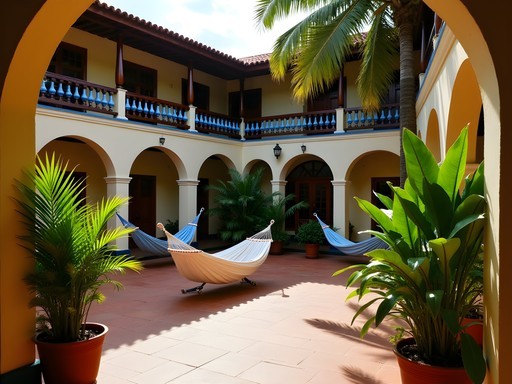
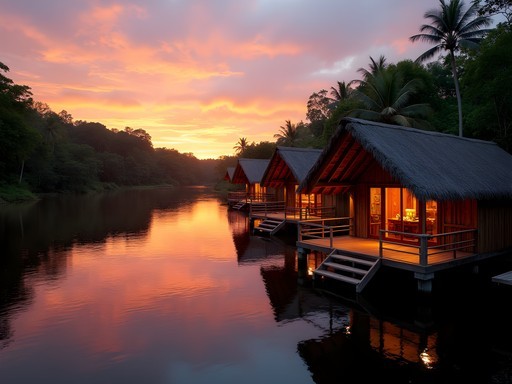
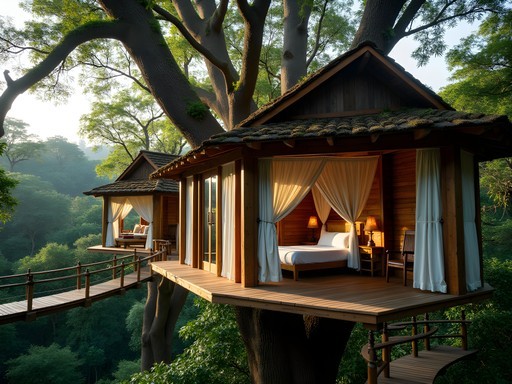
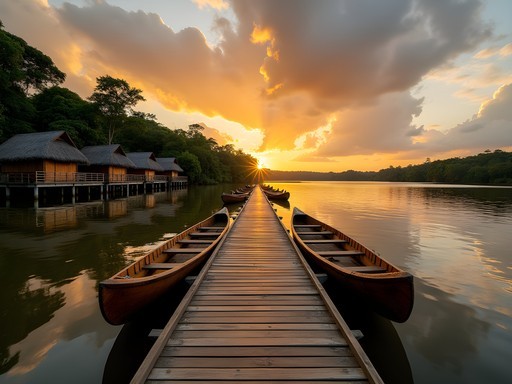
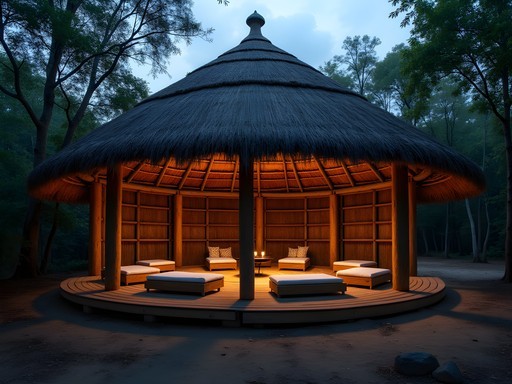


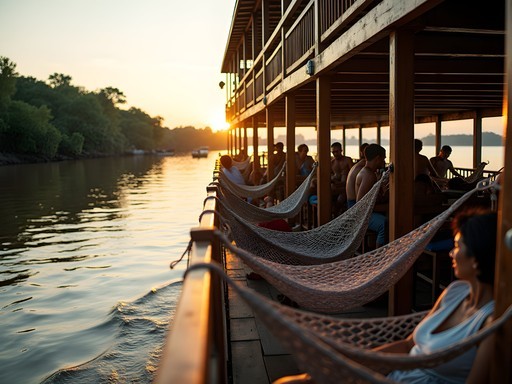
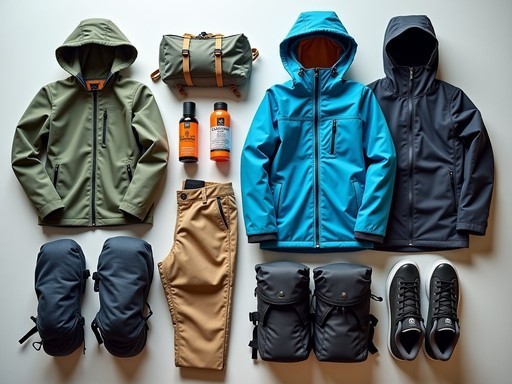

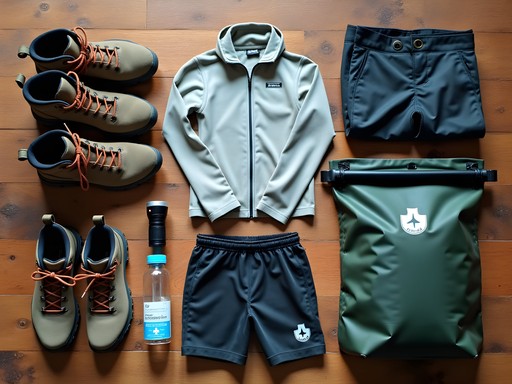
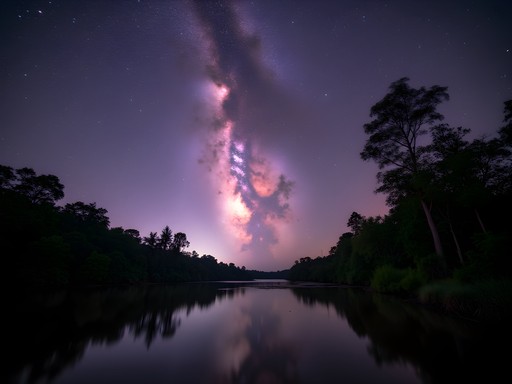
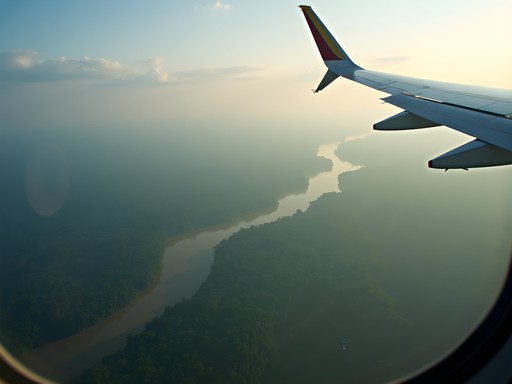
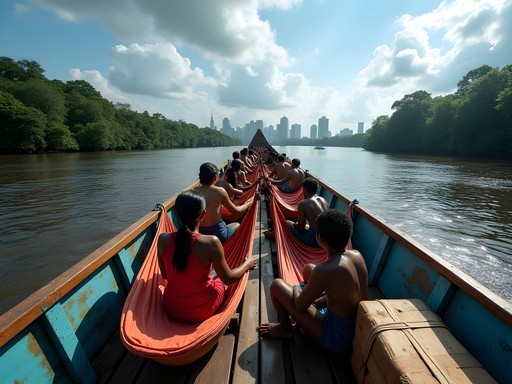
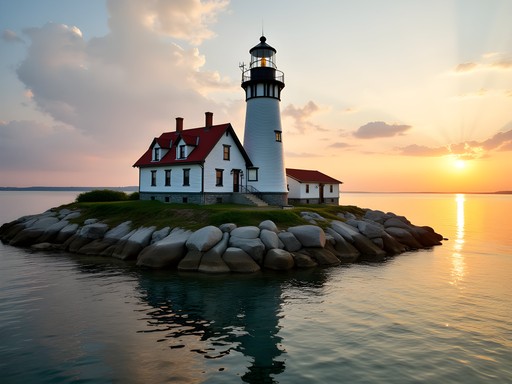
Comments
starbackpacker
Those floating hostels look amazing! Adding to my bucket list!
beachblogger
I splurged on one of those luxury jungle lodges (Treehouse Lodge) mentioned in the article and it was WORTH EVERY PENNY! Waking up 30 feet above the rainforest floor with monkeys literally swinging past my window was a once-in-a-lifetime experience. The food was incredible too - all locally sourced and prepared by indigenous chefs. Our guide Francisco knew EVERYTHING about the jungle and took us to spots where we saw pink dolphins, sloths, and tons of birds. If you can afford it, definitely spend at least 2-3 nights in one of these lodges. I used my waterproof backpack which was essential for the boat trips and jungle hikes during rainy season!
summerking
Great post! Anyone know the best time of year to visit? I'm flexible with my travel dates.
Fatima Sims
June to September is generally considered the best time - it's the dry season so you'll have less rain and better conditions for jungle treks. I went in July last year and the weather was perfect! You'll still get afternoon showers (it's the rainforest after all), but they're brief. The water levels are lower too, which means more beaches along the Amazon and better wildlife spotting as animals gather around the remaining water sources.
summerking
Thanks Fatima! July sounds perfect for my schedule.
sunnyfan
Just got back from Iquitos last month and WOW - those floating hostels are everything Francesca described and more! We stayed at Floating House Hostel for 3 nights and it was such a unique experience. Falling asleep to the gentle rocking of the Amazon was incredible. Just a heads up for anyone planning to go - bring extra mosquito repellent! The ones they sell locally weren't as effective for me. And definitely book your jungle excursions through the hostels rather than the random tour operators in the city center - much more reliable.
starbackpacker
Did you feel safe on the floating hostels? Heading there in December and a bit nervous about security.
sunnyfan
Totally safe! They have lockers for valuables and staff around 24/7. The hostels are actually more secure than some places in the city center.
citywalker
I'm planning a trip for December. Is that a good time to visit or will it be too rainy? Also wondering if I need to book the jungle lodges way in advance or if I can decide once I'm there. Thanks for any advice!
Stephanie Romano
December is entering rainy season, but that means fewer tourists and more wildlife activity! I'd definitely book jungle lodges in advance - the good ones fill up quickly, especially around holidays. The rain usually comes in short afternoon bursts rather than all-day downpours.
citywalker
Thanks for the insight! Will book ahead then. Any specific lodges you'd recommend for a solo traveler?
globestar4430
Just got back from the Heliconia Amazon Lodge that Francesca mentioned and it was INCREDIBLE! We saw pink dolphins right from our balcony! Totally worth the splurge. The guided walks were amazing too - our guide found tiny poison dart frogs that I would have walked right past. If you're on the fence about visiting Iquitos, DO IT!
backpackphotographer
Great photos! Which camera did you use for the night shots?
oceangal2953
How do you get from the city to these jungle lodges? Is it complicated to arrange transportation?
Jean Wells
Most lodges arrange boat transportation from Iquitos as part of your package. They'll pick you up from your hotel or the airport. Super straightforward!
Stephanie Romano
We just returned from Iquitos with our two kids (8 and 10) and took Francesca's advice on splitting our stay between city and jungle. The floating hostel was actually the highlight for the children - they couldn't believe they were sleeping ON the Amazon! We chose Hospedaje La Pascana for our city stay which was perfect for families - simple but clean with a lovely courtyard. For the jungle portion, we splurged on Treehouse Lodge which was absolutely magical. Waking up to monkeys swinging past your window is something my kids will never forget. One tip for families: bring plenty of games and activities for the evenings as there's very limited electricity at most jungle lodges once the generators shut off.
wildseeker
OMG FRANCESCA!! Just booked my stay at one of the floating hostels you mentioned for next month! SO EXCITED! Has anyone here tried the night jungle tours? Worth it?
backpackphotographer
Night tours are a must! Bring a good headlamp though. I used my headlamp and it was perfect for spotting caimans.
Venture X
Premium card with 2X miles, $300 travel credit, Priority Pass